“Am I romantic? Absolutely”: Julian Schnabel on In the Hand of Dante at Venice Film Festival 2025
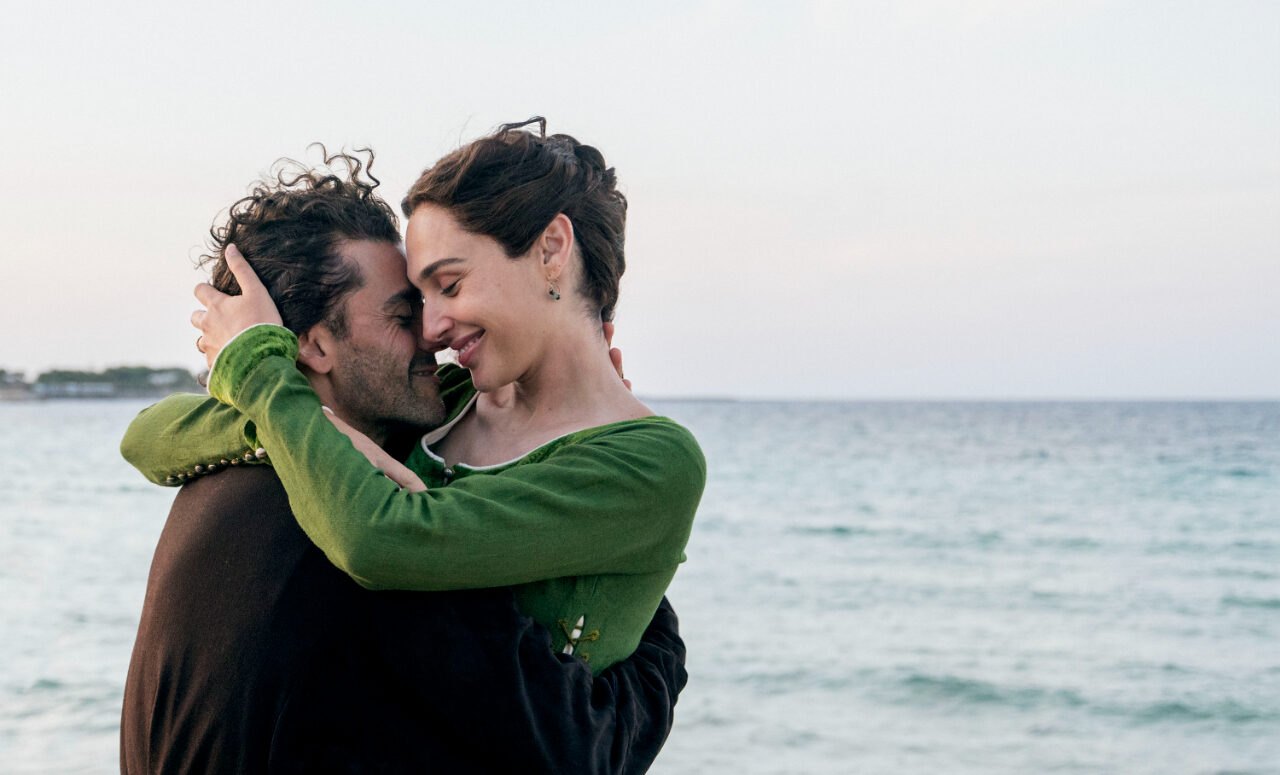
Julian Schnabel’s latest feature film, In the Hand of Dante, is an epic and poetic adaptation of Nick Tosches’s novel. It follows two simultaneous stories. In one of them, Schnabel delivers a period drama about the life of Dante Alighieri (played by Oscar Isaac), allowing the audience to learn more about the legendary poet. In the second one, In the Hand of Dante becomes a modern take on Patricia Highsmith’s Ripley, in which reincarnations of historical figures meet again in their new bodies. The stellar cast also includes Gal Gadot, John Malkovich, Jason Momoa, Martin Scorsese, Franco Nero and many more.
During the latest edition of the Venice Film Festival, The Upcoming spoke with Schnabel about painting, working with his actors, being romantic, and how much of Dante is actually in him.
Why did we have to wait so long for another film from the great Julian Schnabel?
The answer is pretty simple: I don’t make movies all the time, and I don’t do it as a job. However, I do paint practically every day. And luckily, I can, because if I had to wait for people to make something happen, I probably would blow my brains out. I was recently waiting to see what was going to happen with my new painting ideas. I was in Amsterdam, and I was looking at the umbrella pine trees there, like they have near the Vila Borghese, and also in Portofino. I mean, Petrarca and Mussolini put a bunch of umbrella pine trees in this country, and they’re incredible, the way they go like that. I see inspiration everywhere. In my Van Gogh movie, there is this simple question asked: “Why do you paint?” And Van Gogh answers: “So I can stop thinking.” Is that a form of meditation? No – I just stop thinking, and I become a part of everything that’s outside and inside of me.
Is it the same when you start working on a new film?
Indeed, there are some similarities. I guess the actors know that if we’re going to work and do this, there’s going to be an element of freedom that exists there. I deliberately choose them. They trust me, and I trust them. I don’t let them fall through the cracks: just see what Oscar Isaac did. See what Gerald Butler did. Gal Gadot is also incredible. And I believe she’s like Ingrid Bergman in this film. Our creative space was like an arena for us. It gave us all freedom. My actors discovered what’s inside of themselves as they’re doing this thing, and it either feels right or it doesn’t. But in general, and I don’t like to make generalities, if you set up the situation where people don’t have to act and they just react to what’s going on, it’s real. And those are the best things. When Gary Oldman was directing Nil by Mouth, he went with the same attitude. One time, he said, “It smells like acting around here. Let’s do that again.” This is what I wanted to pursue in this film.
Are you very romantic? At the end of the movie, you have the couple and you show their freedom, and then you play Nick Cave’s Into Your Arms. You just love your characters. You really want to save their love.
Am I romantic? Absolutely, motherf*cker. I’m definitely romantic. I’m crazy about my wife, and she even worked with me on the film. She worked on At Eternity’s Gate also with Jean-Claude Carrière. And at the end, when we have this quote, “The God that’s hidden from men, I have found her,” I like the idea that God is a woman. It’s just a matter of perspective – God can mean different things to all of us. Have you seen Sing Sing? I’ve seen it. Incredible film with the great Colman Domingo. All these guys are in prison. They’re still there, most of them. But that prison is something that’s in your head. And he shows them how they could get out there, but you don’t have to be in prison to have this in your head. And if you can’t come to grips with that, you can’t come to grips with life, because it’s difficult and it’s bumpy. And so acting or making things is a way of transgressing death.
What do you mean by this?
It’s a way of dealing with your terminal case of life. Therefore, I feel very privileged to be able to make things. Think about Apocalypse Now. Marlon Brando talks there about judgment, and judgment is what defeats us. Making films allows us to escape this. Martin Scorsese, who plays in my film, also talks about it, and there’s some dense sh*t in there. There used to be a line in the movie, which is in the book, where he said: “Tell a lie and you go to hell. Tell the truth and you get crucified.” And Marty has lived this through, whether he made The Last Temptation of Christ or had to go through all the different ups and downs in his life and his persistence in making daring, incredible work. We are great friends, and I actually made a portrait of him.
When exactly? Do you remember?
I actually do – just when COVID started. We wanted to work on this film, but we just couldn’t be together. We had calls via Zoom, and at some point, I asked him to stay in the same light in his studio at home. So the light was constantly hitting him the same way. And I did it. I had an iPad, and I painted the rest of the painting out in Montauk. But to have a friend like that, I never thought I was going to be a movie director. I have never had a camera. I never took pictures of people. I never had a movie picture camera. I never went to film school. But I knew Jean-Michel Basquiat, and I’d been in his studio, and I know what it is to be a painter. So I knew my subject matter. And this is how it all started.
And now we’re here, talking about In the Hand of Dante. It’s been 29 years since you made your Basquiat biopic.
Is the film exactly what Nick wrote? No, I transposed things. I could say that Nick Tosh was Dante. He would never say that about himself. But he knew so much about him, so I did have to go to Verona, go to Ravenna, go to places where he would have gone to authenticate this stuff. Today, when I look at a painting that I made, everything that’s not in the painting doesn’t exist. I’m not going to be here. But my work might outlive me. There’s this line in Basquiat, and I think it’s true: “Your audience hasn’t been born yet.” Simple, but it works. If you think of Dante, his audience hadn’t been born yet. Nick’s not here anymore either. But he was alive when I wrote the script, and he was super happy that I did it, even though it was different from what he wrote in the book. But Greg Cimino, who is his estate lawyer and the executor of his will, and was his friend, was blown away by Oscar’s rendition of Nick. I think Oscar Isaac gave the performance of his lifetime in this movie.
What about the controversies around your film? Gal Gadot is not coming to Venice this year. And she plays one of the most important characters in In the Hand of Dante.
To be completely honest, I made a movie 15 years ago about the Palestinian-Israeli situation, and everything I had to say about that happened then.
You often say that you have to share something familiar with the characters that you are creating. What, for you, personally, as a human being, is a connecting thread between Nick and Dante? How do you find something familiar?
Their lives were both a mess. And I think art is incongruous to life. You can make a perfect work of art, and your life could be a mess. Dante got involved in politics. Then, he got exiled, and he had to write this stuff on the run. When I was working on this film, I thought: “I’m not writing a thesis on The Divine Comedy.” So, what are the similarities? In the film, you can see how Nick is having a difficult time when he has to leave town. He misses Gulietta. Just like Dante missed Beatrice 700 years earlier. They both have to go into exile. And they both find it rather difficult.
How much of Dante is in you?
You tell me! You can make paradise or hell right here on Earth. And so, did I make a perfect work of art? Is this film perfect? I don’t know. Is Novocento perfect? It’s an idiosyncratic masterpiece. What about Accattone – is it perfect? Things come to you as you’re working on something, whether you’re making paintings, and you think about your masters. In this process, subconsciously, this sh*t flows through you. And I think Nick did a lot of that. He loved Dante. He knew a lot about it. And so he had to walk that path of inspiration. While working on adapting his novel, I had to follow in his steps in order to see. And I learned stuff doing that and being there in Italy, things that I didn’t know. It’s just a point of embarkation when you begin. But the fact is that Nick was an artist. Dante was an artist. I am. That’s what I do. And we make things. There is another line when Isaiah (Scorsese) says to Nick: “You’ve become the poem.” That’s all you can ever hope for.
Jan Tracz
In the Hand of Dante does not have a release date yet.
Read more reviews from our Venice Film Festival coverage here.
For further information about the event, visit the Venice Film Festival website here.
Watch a clip from In the Hand of Dante here:

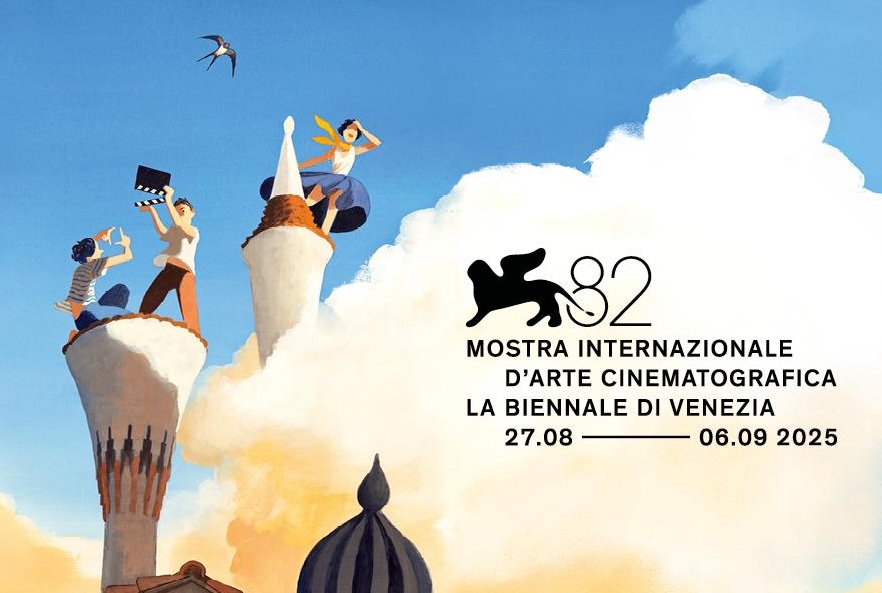
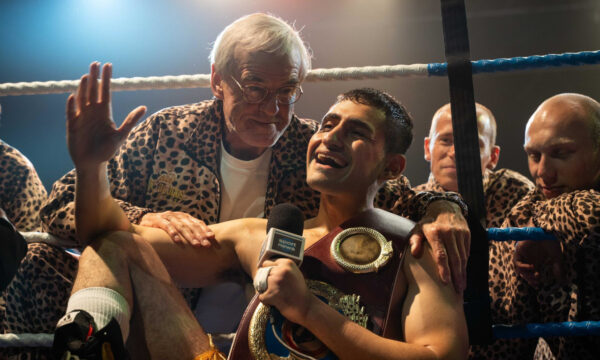
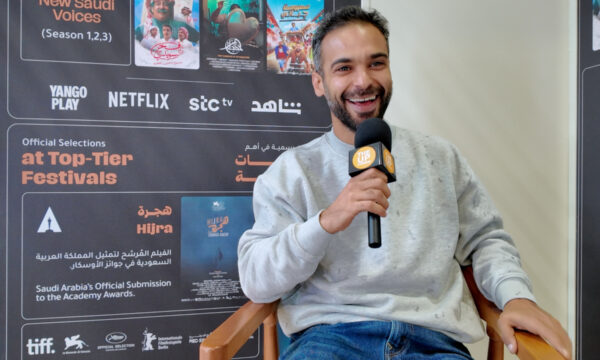
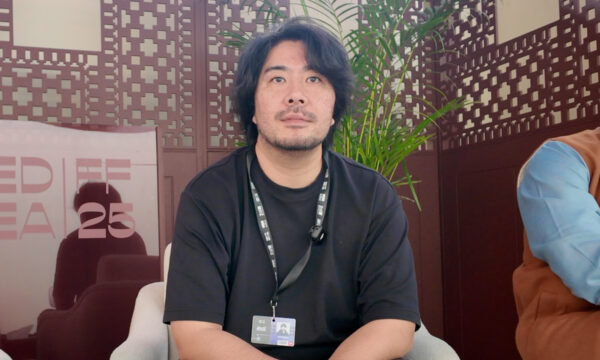
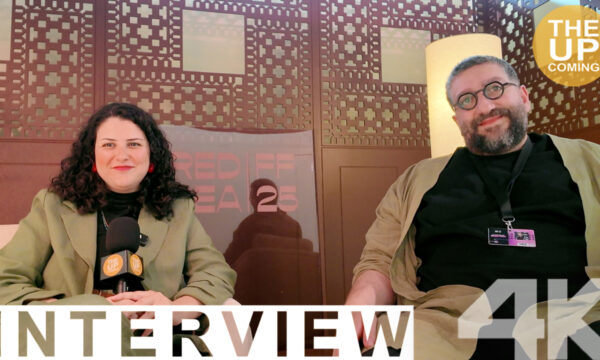

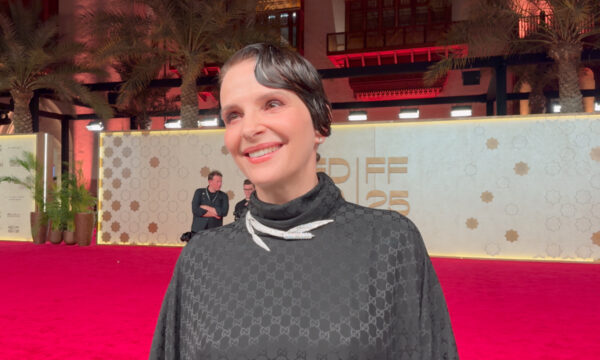
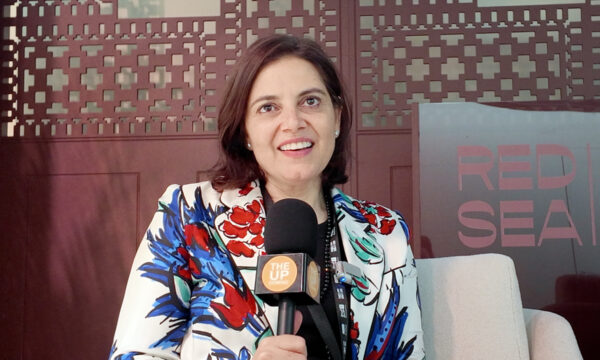
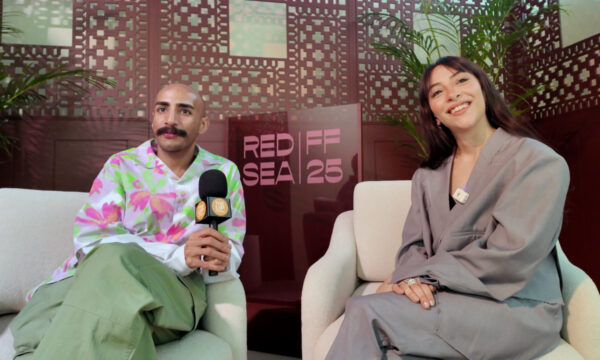
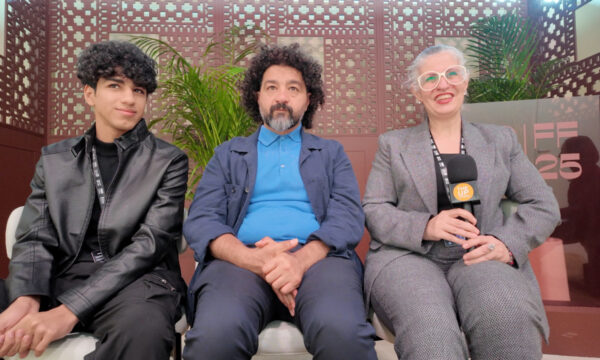


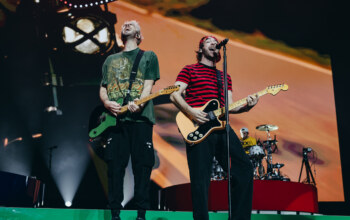
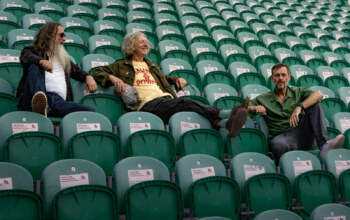
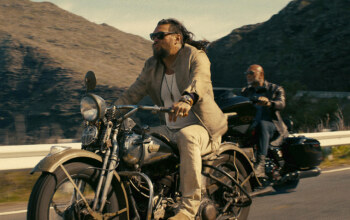




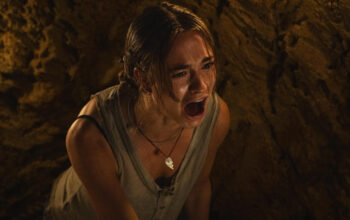


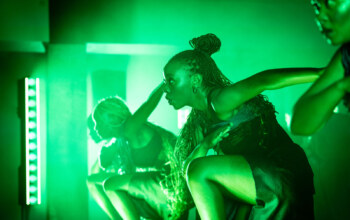
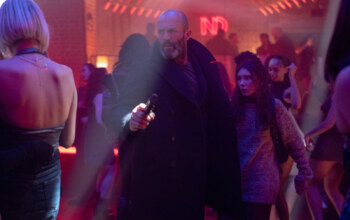
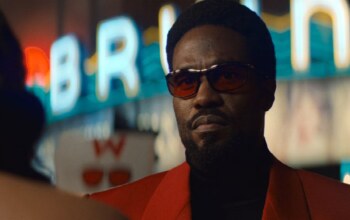
Facebook
Twitter
Instagram
YouTube
RSS